We may assume that all carbs are bad. But what we don’t often realize is that there is such a thing as good carbs and bad carbs. Find out more in this article.
If you’re reading this, you’ve probably felt the need to satisfy your curiosity about carbohydrates. Because this macronutrient is quite controversial especially among those who plan to follow a low carb diet.
Anyway, we’re here to answer common questions like:
- What are carbohydrates?
- Are carbs bad?
- What are the examples of carbohydrates to avoid?
Here’s what you need to know about carbs so you can make the right choices for your health. Dive in.
What Are Carbs?
Carbohydrates are recognized as the main source of fuel for the human body 1.
There are three types of carbs you should know about, and we can find them in the foods we eat. These include sugars, starches, and fiber.
You’ll find sugar in both natural and processed foods like fruits, cookies, etc. Sugar also comes in various names such as glucose, fructose, lactose, and maltose 2.
Starches are found in a lot of vegetables like potatoes, corn, peas, and lentils. Grains like rice, barley, and oats also contain starches 2.
Meanwhile, fiber mainly comes from plant foods. These include fruits, vegetables, and grains 2.
Sugars, starches, and fiber fall under broader groups of carbs which include:
- Monosaccharides – This is the simplest form of carbohydrates. It cannot be broken down further into simpler sugars. Examples of monosaccharides are glucose, fructose, galactose, mannose, and ribose 3.
- Disaccharides – This is formed when two monosaccharides join together. Another term for disaccharides is “double sugars.” Common examples include sucrose, lactose, and maltose 3.
- Polysaccharides – This, on the other hand, is composed of long chains of carbohydrates. Polysaccharides can have various structures such as linear and highly branched. Examples are starch, glycogen, and fiber.
As you can tell, carbohydrates are essential to our lives due to the roles they play. Glucose, for instance, serves as the primary fuel for our muscles and brain. Very low or high glucose levels can be detrimental to life.
Let’s cite another example, fiber. Dietary fiber is a good source of vitamins and minerals. Study shows that it may help lower inflammation and keep hunger in check 4.
Good Carbs vs. Bad Carbs
Not all carbohydrates are the same – contrary to what one might think. There’s such a thing as healthy carbs, and there are also bad carbs. Of course, the best carbs to eat are those that benefit our health.
The good news is, it’s easy to distinguish between such carbs. We’re going to spot their differences below.
Good carbs (complex carbohydrates)
Starting with the healthiest carbs – you may have already heard of complex carbohydrates. These carbs are always the better choice because they take longer to digest by the body.
The glucose in complex carbs enters your bloodstream slowly. As an effect, you have more stable energy for hours.
This is the opposite of getting a sugar high which is followed by a sudden drop in energy (known as an “energy crash”).
Another important characteristic of good carbs to eat is that they are unprocessed. And because of that, they keep the natural fibers in them.
Complex carbohydrates have more dietary fiber, which is essential for gut health and blood sugar management,”
said Claudia Hleap, RD, LDN.
Whole grain, for example, has greater fiber content than refined grain.
Furthermore, whole carbohydrate foods are rich in essential vitamins and minerals.
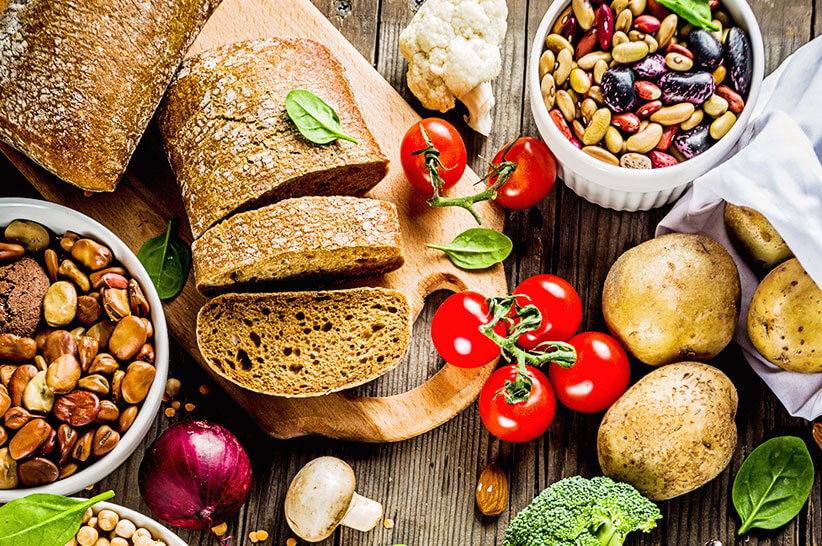
Erik Abramowitz, NTP, says, “Complex carbs are more complete carbohydrates that come as a whole food, typically plant-based. I would advise anyone to do everything possible to avoid bad carbs. Always opt for whole food first.”
Examples of the best complex carbs include the following:
- Lentils
- Corn
- Green peas
- Kidney beans
- Asparagus
- Zucchini
- Carrots
What are 4 benefits of complex carbs?
- Complex, unrefined carbohydrates keep your blood glucose levels stable. This prevents blood sugar spikes which are responsible for tiredness and hunger.
- They can be included as part of a weight-loss plan. The reason is that they fill you up for hours. You’ll stay satiated and won’t feel the urge to grab an unhealthy snack.
- The vitamins, minerals, and fiber present in complex carbs offer several health benefits. These include boosting your immune system, wound healing, and red blood cell formation.
- You can satisfy your sweet tooth with them. Instead of having those candies and other sugary desserts, why not have baked healthy carb meals instead?
Bad carbs (simple carbohydrates)
Now we move on to bad carbohydrates which are also known as refined carbs. However, do take note that not all simple carbs are refined – although a lot of them are.
The reason why they’re called refined or simple is that most of their nutrients and fiber have been removed. Processing increases the shelf life of these foods and also gives them a more appealing taste 5.
During processing, substances are being included in foods that people don’t often use in home cooking. These substances can be harmful and contain more sugar.
Here’s another sad reality: Refined carbs are “empty calorie” foods.
Foods with empty calories contain very little to no nutrients at all. They only give you extra calories which can make you pack on the pounds.
What are bad carbs to avoid? Check out this list of bad carbs (some of them might even be your guilty pleasures):
- White bread
- Pizza dough
- White flour
- Breakfast cereals
- Waffles and pastries
- White rice
- Corn chips or potato chips
- Regular pasta
- Candy
- Table sugar
- Bagels
- Instant oatmeal
- Fruit juice concentrate
- Soda drinks
How come these carbs are not good for you?
A 2010 study shows that they are harmful to obese and overweight individuals. It was also mentioned that refined carbs are more likely to cause greater metabolic damage than saturated fat 6.
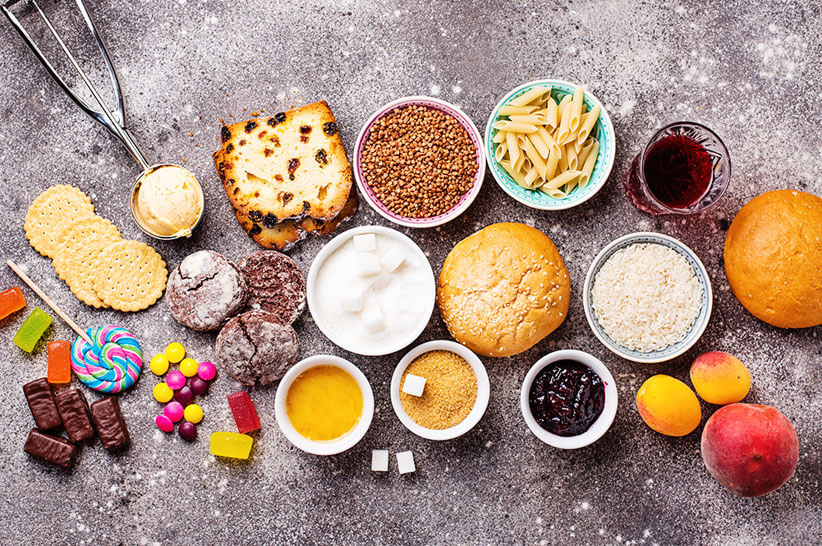
Pascale Naessens, a Nutritionist, adds that unhealthy sugar can cause glucose and insulin levels to rise very quickly, which can drive Type 2 Diabetes. When you have Type 2 Diabetes, you are also at risk for other health problems like heart disease and kidney disease.
And if you’re trying to achieve weight loss, you should know that processed carbs trigger food cravings. You might need to reconsider your choices to reach your goals sooner.
Should You Completely Avoid Simple Carbs?
We can all probably agree that avoiding simple carbs completely is difficult. One reason is that they are also found in some beneficial foods like bananas.
Let’s take a look at what these health experts have to say:
Amanda Webster, a Holistic Nutritionist, rarely recommends that her clients avoid refined carbs entirely. Rather, she suggests that they should be minimally consumed.
Limit simple carb intake by consuming around 10% or less of your total carbohydrates,”
Alysa Boan, NASM, CPT, adds.
Lily Kiswani, MD, also mentioned that the body can tolerate an occasional indulgence, but definitely not a regular intake.
And then here’s our take:
Be strategic about your consumption of simple carbs. Since they digest faster and provide instant energy, we recommend taking them before a workout. This is possible if you only have about 30 minutes before an exercise session which needs short bursts of energy.
You can also have simple carbs to benefit from a quick post-workout fuel – when your body badly needs it.
Not all carbs are harmful and to be avoided. Based on what you learned, good and bad carbs exist. At the end of the day, the quality of your carbs matters. Focus on unrefined carbs – whether or not you adopt a low-carbohydrate diet.
Takeaways
- The broad types of carbohydrates include monosaccharides, disaccharides, and polysaccharides.
- Carbohydrates are needed by the body for fuel. But unfortunately, they’re not created equal.
- Healthy high-carb foods complex carbohydrates such as whole grains, potatoes, barley, corn, and other natural options.
Complex carbs are always better than simple carbs. The former pack more nutrients and fiber. They can be part of a healthy weight loss plan as well.


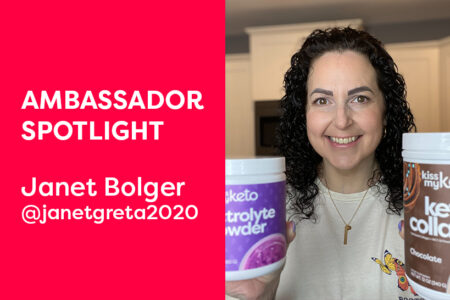

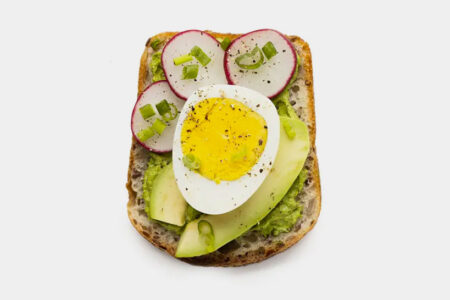
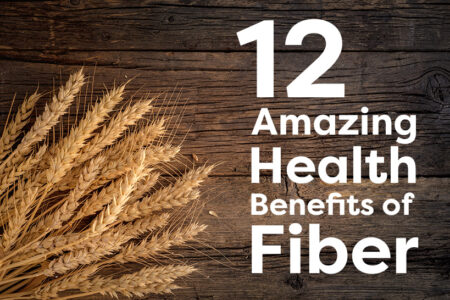


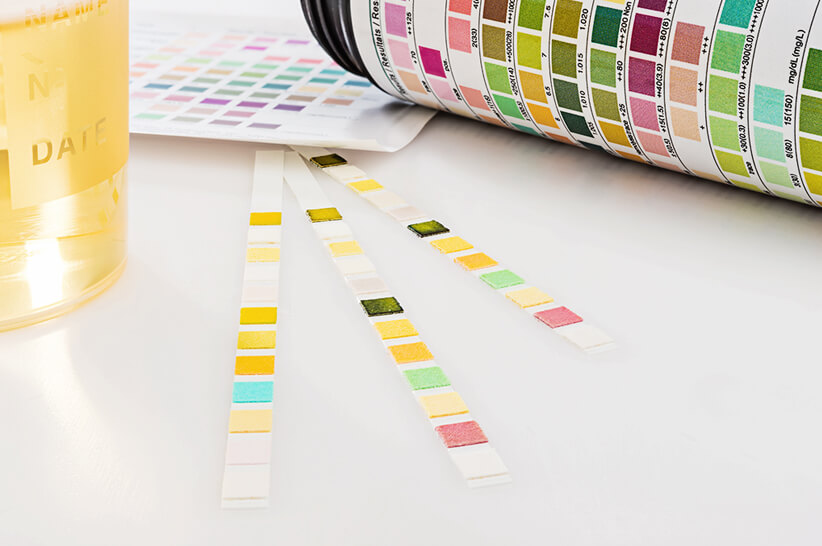

![Juicing for Weight Loss: Everything You Need to Know [Plus Recipes]](/wp-content/uploads/2019/08/Juicing-for-Weight-featured-image.jpg)


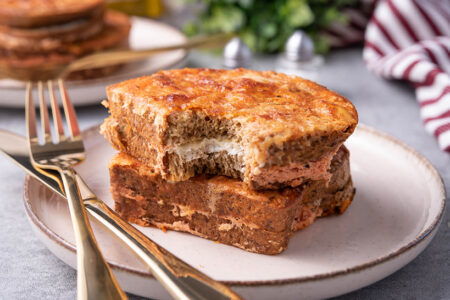
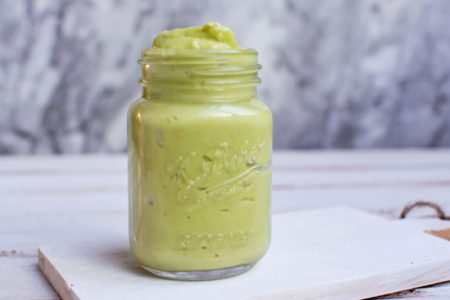


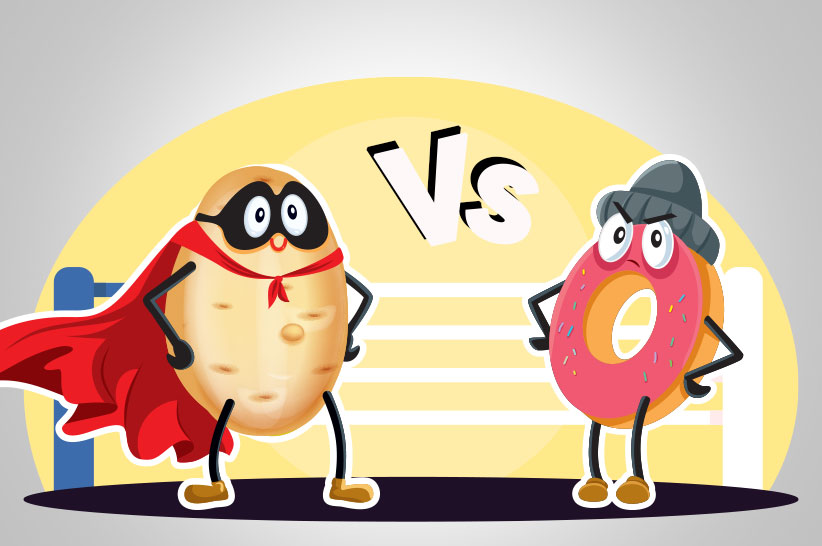
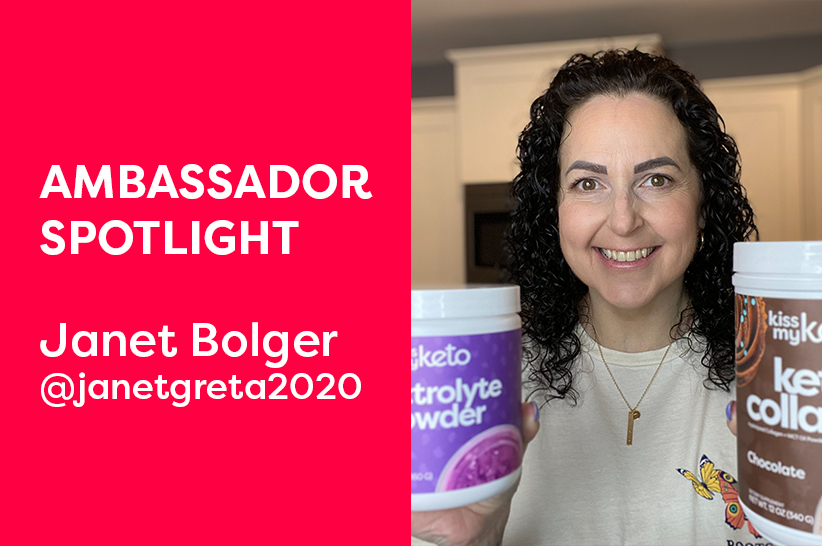

What card sound I eat
Hi Katherine, if you’re not on a low-carb diet, then it’s best to choose complex carbohydrates. Here are some options for you – whole grains, quinoa, corn, barley, and carrots. Please head over to the section “Good Carbs vs Bad Carbs” to see the full list. Hope this helps!
I don’t see nuts listed. 3 mouthfulls of peanut free mixed buts just about carbs my keto out. But what kind of carbs are in cashews, almonds, pistachios, etc
Hi Bob, while nuts are primarily fat, they also have carbohydrates – complex carbs to be specific!
How come we cannot view all references in this post? BTW this great info